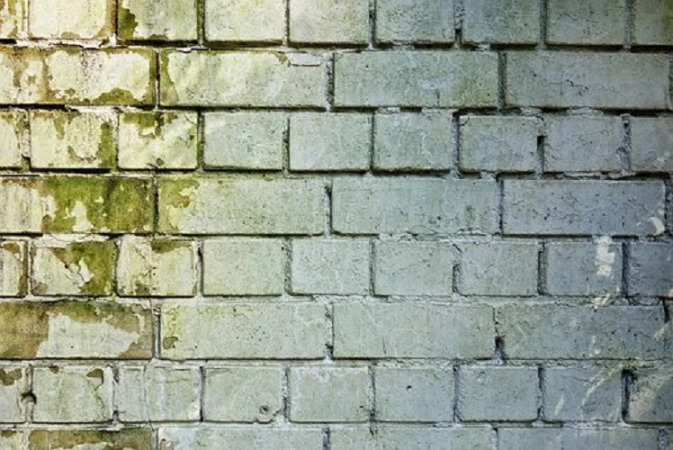
Mold is a big concern among renters in Alaska. But even with the increased awareness of the health effects brought about by mold, most of the renters or homeowners in Alaska continue to neglect this issue. Though molds are a part of our natural environment, being exposed to it can cause health problems. If a homeowner discovers mold of any type, the best way to avoid any potential health risk is to have it removed as soon as possible. Unfortunately, one may learn of the health risk after suffering injuries. Most individuals are exposed to mold every day even without realizing it. If you discover mold infestation, whether in your home or workplace, you may file a lawsuit to hold the responsible person liable. The main question that ticks in is “Who can be held liable?”
Health Issues Related To Mold Exposure
If you realize to have suffered from a health impairment caused by mold, you may consult the lawyer in Anchorage Ak to have the mold tested for toxicity. Mold exposures pose different health effects on different individuals. Besides, some molds are less harmful compared to others. Again, just because there is mold doesn’t mean that there is the presence of toxins. That’s why a lawyer is needed to help you test for toxicity, as it’s only through the test you can determine whether you have a claim. Exposure to mold can lead to the below health issues but not limited to:
Some people may be affected even after inhaling a very minute substance of mold. People with asthma or those undergoing cancer treatments or any allergy may be more sensitive to mold exposure than others. Not only can mold exposure lead to a health issue, but it can also cause property damage and make you incur unexpected costs to look for mold removal or remediation cleaners.
Who To Hold Liable For Mold Exposure
To file a claim, you first need to establish the person liable for your mold exposure. This could be your employer, landlord, or homeowners’ insurance if it’s your home, etc. Below is a detailed summary of those who may be liable:
Workers’ compensation: If you work in a mold-infested place and have suffered injuries, you can get compensated through a worker’s compensation claim. This may be a way to exclude your employer from being held liable
Landlord: According to the Alaska landlord and tenant laws, your landlord should ensure that the building is in a habitable condition. This is under the warranty or habitability doctrine. Thus, it pays to be familiar with this doctrine to protect your rights as a tenant. If you notice any form of mold, you should contact your landlord immediately. If the landlord seems not to take the matter seriously, it's better to take legal action and avoid the health issue for you and your family. However, it would be better to consult your lawyer since these rights vary depending on where one lives.
School officials/government: You can also take legal action if you believe your child has mold exposure. Before filing a claim, you may talk over the matter with the school authorities. If they seem reluctant, you may need to file a claim to get compensated. In case of a public school, you may need a lawyer to help you know how to hold the government liable.
Homeowner’s insurance: If you have insurance for your home, you may take time to find out whether your policy covers mold exposure injuries. If not sure of what to do, you may request a lawyer's assistance to understand the types of perils covered under your policy. There is exclusion in most of the homeowner’s insurance policies, but this should not stop you from filing a claim. This is because insurance companies are supposed to act in good faith. Thus, they should deal with you fairly to take care of any cost of mold removal/remediation.
The previous owner of a building: If you bought a house and the owner never disclosed the mold's presence, you may have the right to file a claim. Though you need to look for any presence of mold before purchasing a house/home, the owner should make full disclosure of any mold issues.
Engineer/ contactor/subcontractors: You may hold a contactor liable if they poorly constructed your building. This is possible through a home warranty that acts almost like an insurance plan.
Seeking Legal Help
Filing claims for mold exposure is tough. This is because there is no federal law governing mold. Thus, you can only understand how to go about your claim if your consult a lawyer who has some experience dealing with mold exposure. Again, since not every mold may lead to toxicity, you may find yourself wasting time by filing a lawsuit only to discover your claim is not valid. The best decision is to look for a lawyer with some mold exposure experience.